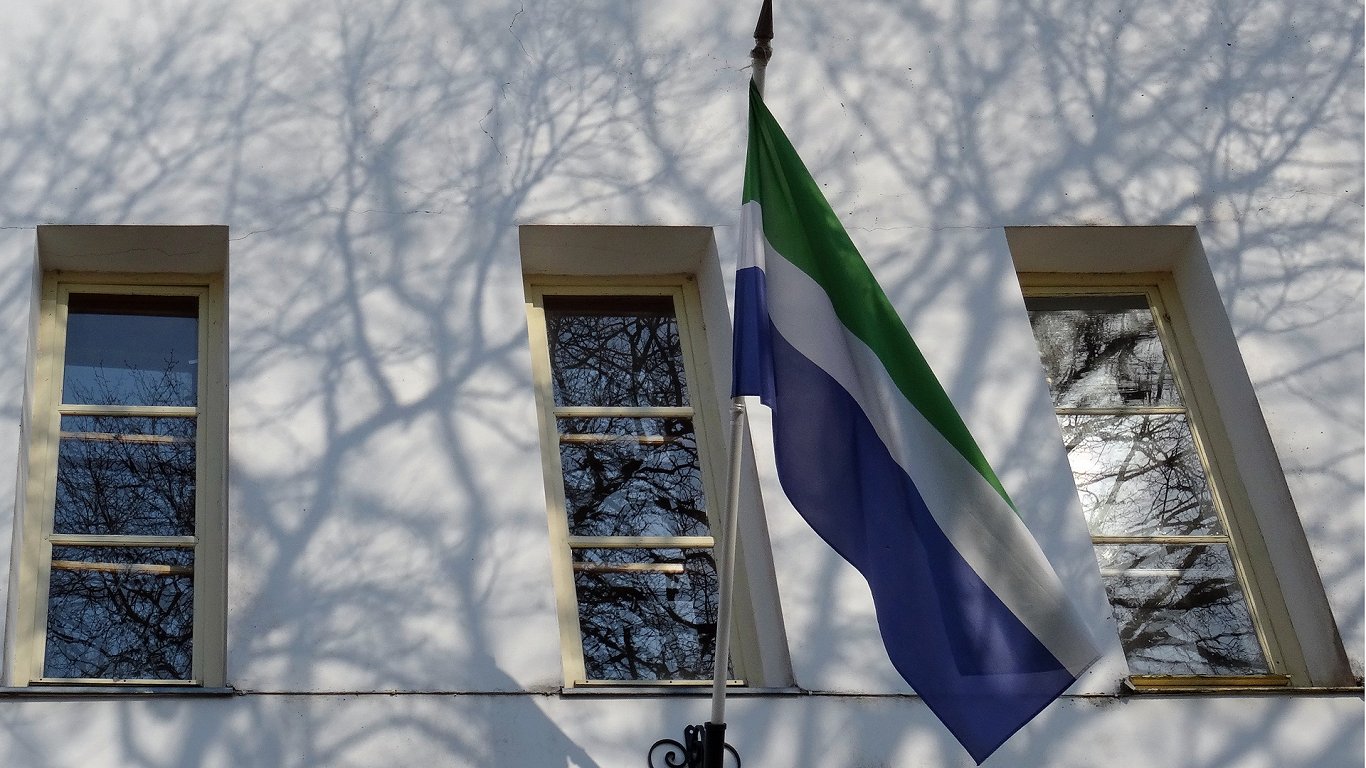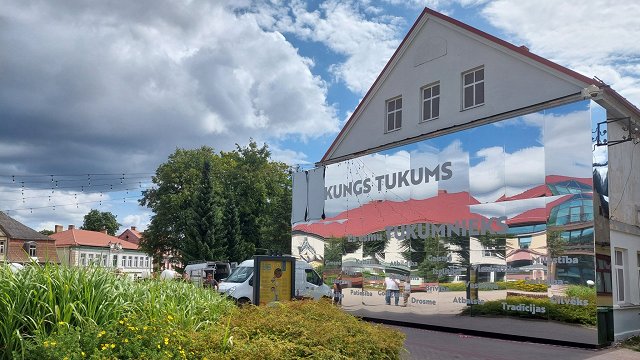“Latvian borrows some features from the Liiv language, which is closely related to Estonian. For example, the first syllable of the word usually is stressed. The influence of the Liiv language is found in the vocabulary of the Latvian language,” according to the Latvian Language Agency.
Those teaching the online Liiv language lesson include a University of Latvia (LU) Livonian Institute researcher, a Liiv children's and youth summer school student and a member of the Lōja mixed choir from Salaspils. The lesson will be streamed on the LU Livonian Institute Youtube channel at 15:00 Latvian time (13:00 GMT) and will teach those watching how to sing the popular Liiv folk song “Blow, Wind” (“Pūt, vējiņi” in Latvian and “Pūgõ, tūļ” in Liiv), among others.
UNESCO associated schools are also organizing additional events. The Ādaži Free Waldorf School has been organizing a competition in honor of the international commemoration day for several years, and this year's theme is Language Tree. The Latvian Language Agency will also award prizes to winners of the “Tell Me Your Dream” creative works competition.
“Liiv language heritage is deeply interwoven into our daily life – both in the names of ancient places, and in many everyday words that Latvian has inherited from the Liiv language. Many of those include concepts associated with nature and the sea,” said LU Livonian Institute Director Valts Ernštreits.
The Liiv language is indigenous to Latvia and has been included on the UNESCO Atlas of the World's Languages in Danger as one of the most endangered in the world. It's currently the most endangered language in Europe.
UNESCO began the International Mother Language Day initiative in 1999 to emphasize the importance of language in everyday communication, self-expression, creating society, and learning knowledge and passing it on. The organization invites everyone to celebrate the cultural diversity that enriches and unites society, as well as promotes intercultural dialogue.
The Liiv language lesson is organized by the LU Liiv Language Institute and the UNESCO Latvian National Commission with support from the Latvian National Centre for Culture.


























